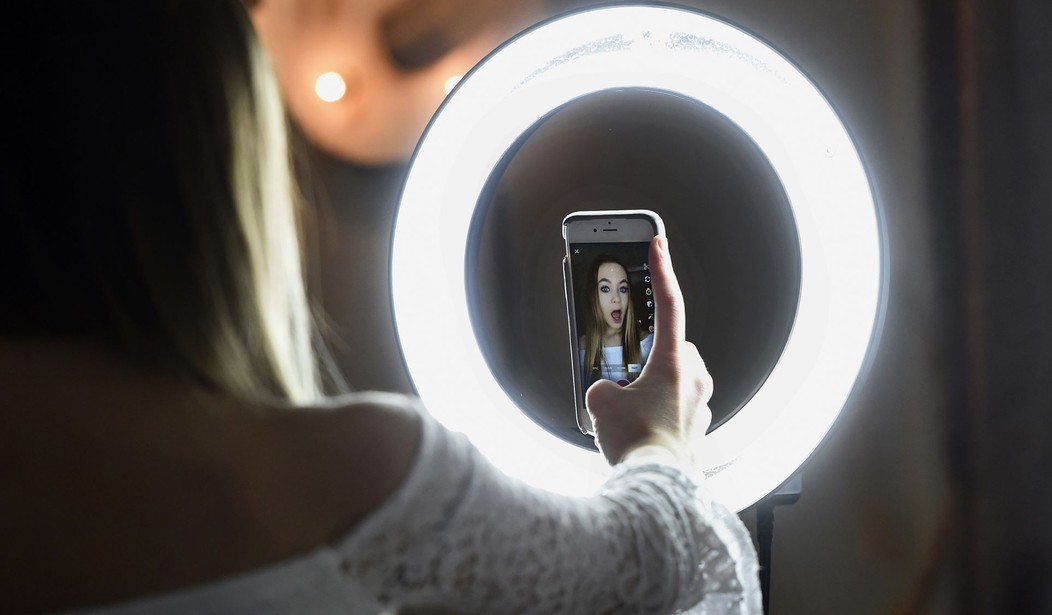People talk lots of s**t about millennials and zoomers. I’m a millennial and I do all the time. They deserve it, for their own good, at least, if not for the schadenfreude.
However, the question that no one ever seems to ask, amid all of the denunciations, is: who raised these kids? Did they spring spontaneously from a vacuum in the ether of the cosmos, apropos of nothing, to become what they are? Was it an act of God?
Related: Undercover Video Exposes Pornhub’s Child-Grooming Strategy
The answer, of course, for why American Gen Z and the millennials got into the state they’re in is their baby boomer and Gen X teachers, parents, and other role models, along with the medical system, the education system at large, pop culture, and the general cultural rot of an empire in decline.
Do you know where zoomers and millennials don’t have the same issues? Anywhere outside of the West, where kids don’t get participation trophies even if they suck at soccer and they’re not put on pharmaceutical methamphetamines as a first-resort option by lazy parents and teachers to make them sit still in class.
Kids of the developing world — what in a less PC time was called the Third World — certainly often have their own problems, like malnutrition, but not the neurotic ones particular to the West.
Via The Defender (emphasis added):
More children are being subjected to drug restraints because more children are being admitted to mental health facilities, a new American Academy of Pediatrics (AAP) study found...
Although the average rate for the use of drug restraints among all children ages 5-17 years old with any diagnosis remained relatively steady during the 2016-2021 study period, the analysis found a 141% increase in the use of restraint drugs overall, alongside lengthening inpatient stays.
This means more children are being hospitalized for mental health conditions and more are being subjected to drug restraints — antipsychotics used to sedate — and in ways that disproportionately disadvantage some youth…
Experts who spoke with The Defender argued reliance on chemical restraints reflects the failure of a treatment model dominated by biological psychiatry rather than offering real or lasting solutions.
Given the lack of safety data on psychotropic drugs, especially for children (for antipsychotics, attention deficit/hyperactivity disorder (ADHD) medications, and antidepressants), and the alleged lack of scientific basis for mental health diagnoses, experts emphasized the need for informed consent and refusal rights as a means to combat the reflexive overmedication of distressed children.
So, yeah, kids dosed up with pharma speed and blasted into outer space on lithium or whatever are set on a one-way road to a lifetime of addiction and even more mental health problems than they had going in, but they’re more convenient for healthcare providers to deal with and more profitable to pharmaceutical corporations that way. It’s just the cost of doing business.
Let’s not act all shocked and chagrined when they end up crying about pronouns on TikTok with blue hair and a face full of metal trinkets or they shoot up a school.
We did this.










Join the conversation as a VIP Member